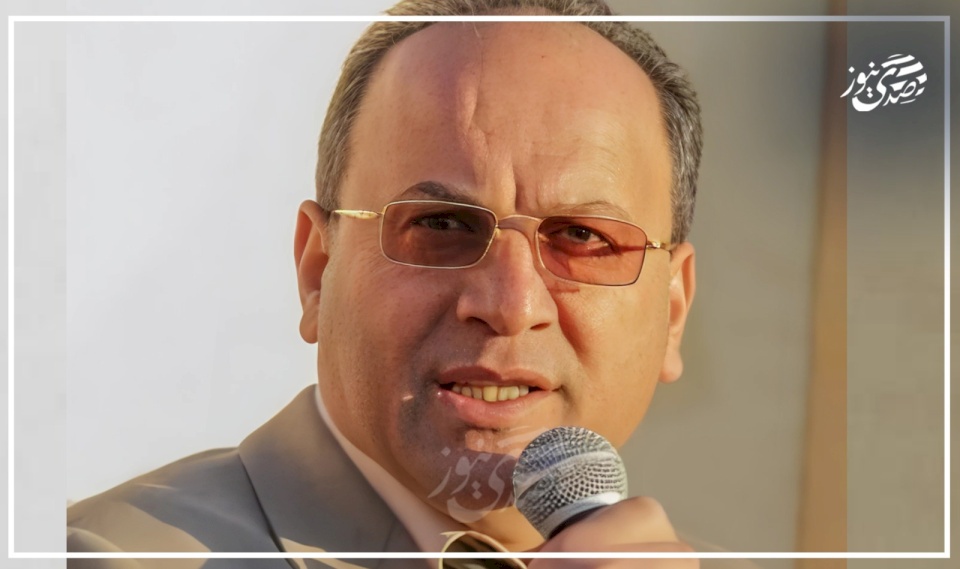
The Veto.. A Contradiction of International Justice
The discourse in international forums about the principles of law, justice, and equality among nations is abundant; however, the reality of the Security Council exposes a stark contradiction. The veto power, held exclusively by five permanent member states, grants one state absolute ability to nullify a decision that enjoys the support of most Council members, even if the decision aims to protect civilians or halt documented war crimes.
When the United Nations was established in 1945, this privilege was accepted as a guarantee to avoid direct confrontations among great powers and to prevent the outbreak of a new world war. What was considered a mechanism for stability has, in today's world, transformed into a tool for obstructing justice, granting an exceptional privilege to a very few at the expense of the overwhelming majority of countries worldwide.
The facts have shown that the absence of ethical and legal checks on the use of the veto undermines trust in the entire international system. How can we talk about equality among states when one of them alone has the right to abort the will of the international community? Limiting the use of the veto to cases that do not exceed the laws of the Security Council and the UN Charter has become a necessity that cannot be postponed.
The glaring examples are clear before us; the United States has used this right dozens of times to prevent the issuance of resolutions condemning the Israeli occupation of Palestinian territories or calling for an immediate halt to the killing of civilians, including children, or holding Israel accountable for its racist policies and gross violations of international law. Through this repeated use, the veto has become a political cover that entrenches occupation, protects perpetrators of genocide, reinforces racism, and prolongs suffering.
This issue is no longer just an ethical stance or theoretical debate; official voices around the globe have risen demanding radical reform of the Security Council. Egypt, for example, emphasized that the continued unrestricted veto power without true representation of Arab, African, and Islamic countries is no longer acceptable in a time that aspires to comprehensive justice. From far northern Europe, Finland made a clear call for the abolition of individual veto rights and the expansion of the Council's membership to reflect the geographical and demographic diversity of the world from Latin America to Africa and Asia. Meanwhile, Turkey's president expressed growing dissatisfaction with the Council's failure in the face of major humanitarian crises, affirming that reforming the structure of this system is no longer a choice but a necessity.
Reforming this imbalance has become a duty, not a luxury, and the proposed solutions are clear: prohibiting the use of the veto in any case that violates international law and the UN Charter and restricting it in cases of genocide and crimes against humanity. Any state resorting to a veto must provide a public and legally reviewable justification, with decisive action—ranging from suspending its membership to withdrawing its permanent rights in the Council—if it is proven to have misused this privilege or repeatedly obstructs urgent humanitarian resolutions. Moreover, the Council's membership must be expanded to keep pace with the balance of power in today's world, ensuring real participation for small and affected countries. However, the road remains long, as any amendment requires the approval of the five permanent states, making international and public pressure more urgent than ever.
Nevertheless, the growing international insistence on ending this historical exception represents the first step toward a fairer and more just world system. If the voice of the peoples and states demanding justice unites, the veto will transition from a tool of obstruction to a means of protecting the law, from a symbol of dominance to proof of the restoration of trust in international justice.

Licensed Occupation by Law

Whoever Does Not Plant Hope, Plants Departure...

Between "Here is Jerusalem" and "Here is Gaza" ... The Voice of a Nation and the Steadfast...

While some count the boos, Palestinians count their martyrs.. Paradoxes of the internation...

When the Palestinian Issue is Reduced to Gaza Management

Legally Licensed Occupation

The Absence of the Palestinian Representation and the Bet on Time

